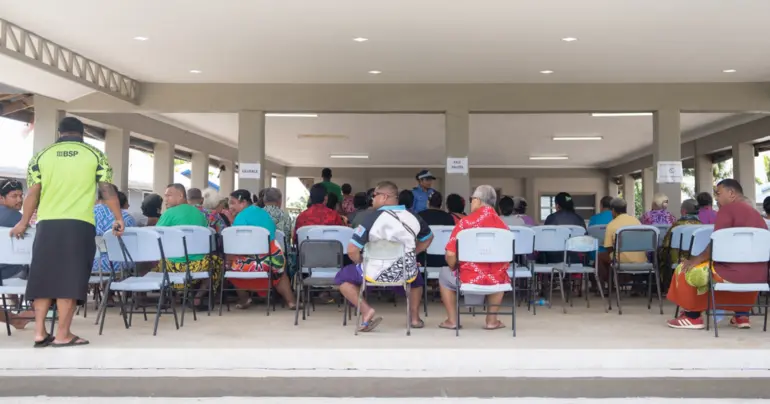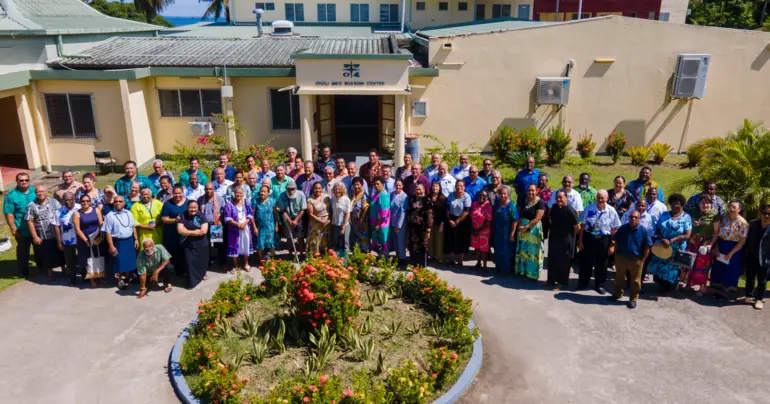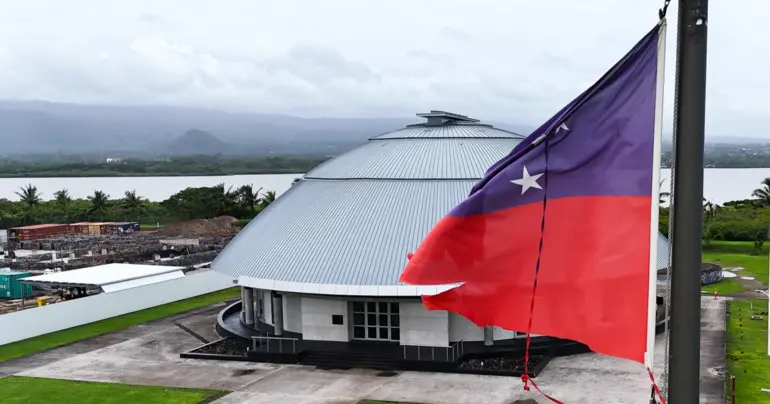Change the way we ‘see things’ and help prevent crises (Part I)
Global leadership crisis, a political epidemic which has spread to every corner of the world, is said to have been caused by the loss of public trust and confidence in world leaders.
There is always a lesson we can learn from our mistakes, and four of the common mistakes that deplete trust and confidence in leaders can give us insights into how to navigate elections, politics, and life.
In this (Part I) post, we look at two (Context and Reflections) of the four common mistakes that can lead to the loss of confidence in leaders and politicians, and in everyday lives, for example the loss of trust and confidence by your audience, students, congregation, friends and loved ones.
Do not overlook the context.
Context is made up of facts and circumstances, which we need to be aware of to fully understand what is being said or promised.
Our country’s development context, discussed in the last Sunday post, is headlined by the sustainable development vision of a country where quality of life is improved for all, by ensuring that no one is left behind.”
To measure progress, we look at the number and percentage of people being ‘left behind’ and, according to assessments done in 2018, 2020 and 2023, all by the government except one, too many people are being left behind, in one way or another.
Twenty per cent (20%) of the population lives in hardship conditions; 22.7% live below the National Basic Needs Poverty Line; the bottom 30% collectively earn less than the top 10%; and the bottom 50% of the population own less than 5% of total personal wealth.
Also, the country faces challenges in unemployment, especially for women and youth; child labour, corruption, crime, violence, especially against women and children, and a rapid rise in pre-mature deaths (80% of total deaths) from non-communicable diseases (NCDs).
We also need to look behind these numbers, percentages and challenges, to know where we need to focus promises and policies. Behind hardship conditions lurks financial strain (loans and debts), personal challenges (disability, NCDs and mental health), unexpected circumstances (accidents and natural disasters), and overwhelming obligations (cultural and religious).
The NKF Dialysis Unit started with 6 patients all of them over 60 years old. Now, twenty years later, 212 locals are on dialysis, with over 60% under the age of 60. To reduce the number of pre-mature deaths from kidney failure and NCDs, we need a multi-sector and whole of country approach to agree on and tackle the root causes of risk factors – i.e., poor diet, smoking, alcohol abuse, and inactivity.
Looking at the underlying issues and causes behind the risk factors is a clear message from the current Prime Minister, not only with respect to NCD but also on poor education outcomes, violence and poor governance.
In the context of the elections, we need to ensure that the adjustments to VATSG and taxes do not unnecessarily make unhealthy food, drinks, and cigarettes cheaper than they already are.
Do not separate reflections (narratives) from real work (context).
Questions have been asked as to why there is little or no policy debate in our elections.
The reason is that, in times of elections, people prefer promises to policy, and politicians are just happy to oblige. Promises satisfy immediate gratification, and policy promises the fruits of self-restraint, a character trait of a strong leader, as noted in a letter to the Editor this week.
Context, or reality, is never as rosy as people wish it to be, and it’s too difficult to be straight up for politicians who want to please people. And difficult for people as well who need immediate help while being made more and more dependent on handouts and aid from governments, and relatives, from here and from overseas.
The problem, as I see it, is that the election promises so far are so divorced from the reality of inequality and inequity that the real work suffers as the bottom drops further while the top rises some more.
While it's understandable that reflections during elections need to be upbeat and generous, there is a need for more restraint and more reflections on where we’re going with the key findings of the 2020 VNR report, i.e., context.
On a personal level, instruction to “do what I say and not what I do”, while said in jest, is a source of doubt on the character of the speaker and eventual loss of trust and relationship if the discrepancy becomes a habit and a norm.
Next
In Part II, we will look at the other two (Power of Mindsets and Reporting Results) of the four common mistakes behind the loss of public trust and of leadership, but more to promote a change in approach that favours deeper reflections and deeper cause-and-effect analysis and understanding, including of the fa’a Samoa.
I can see faces, so no promises!











